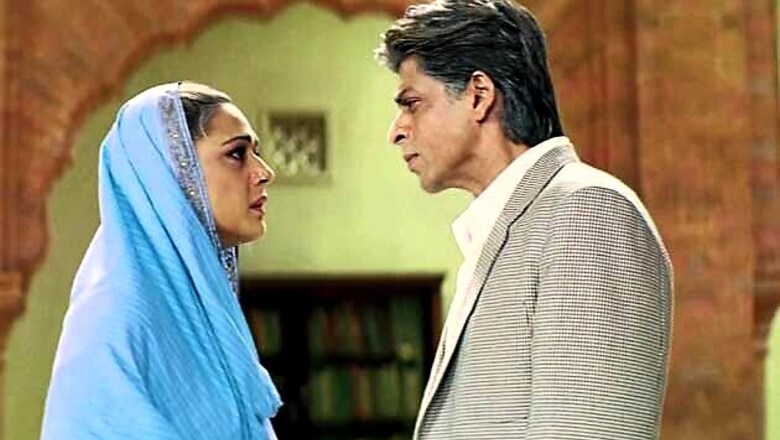
views
Cast: Deb Shankar Haldar, Rituparna Sengupta, Sohini Sengupta, Biswanath Basu, Kharaj Mukherjee
Directors: Shiboprasad Mukhopadhyay, Nandita Roy
Rating: 3.5 out of 5
'Alik Sukha' is a 'tale of fleeting happiness' jointly directed by Shiboprasad Mukhopadhyay and Nandita Roy. The film sensitively captures the lives of a successful gynecologist, Kingshuk Ghosh (Deb Shankar Haldar), his wife and the relatives of his dead patient.
The film begins in a very non-linear fashion, capturing the relevance of the motive.
In the film, Jan 22 happens to be the wedding anniversary of Kingshuk. After helping Kobita (Sohini Sengupta) deliver by a caesarean section, he decides to go and book a new flat for his family as a surprise anniversary gift for his wife Rammani (Rituparna Sengupta), whom he fondly calls Rumi.
While he is at the builder's office, signing the agreement, he gets frantic calls from the hospital that the patient is sinking. Subsequently, the patient dies. Her relatives ransack the hospital and accuse the doctor for medical negligence.
At this point, the film takes a twist, playing on the psyche of the doctor, his wife and the relatives of the dead patient. His wife begins to feel the presence of the dead patient. And there is a constant tussle and tension between right and wrong, true and false, facts and reality.
The film solely rests on the shoulders of Haldar. He delivers a brilliant performance that unfurls the zenith and nadir of a doctor's life. This includes the ordeal, trauma and stress of a doctor, who is on the dock.
Rituparna complements him by aptly showing the pain and anguish a doctor's wife suffers. Sohini adds the mysterious aura to her supernatural character.
The rest of the characters are well entrenched in their performances. They are natural, ordinary and brilliant in their delivery. You'll feel for them.
On the scripting level, it's wholesome and complete. Based on Suchitra Bhattachary's novel, 'Alik Shukh' screenplay by Nandita Roy beautifully binds the narration, giving every perspective of the story.
Cinematographer Shirsha Roy's work speaks for itself. Every frame composition with Rammani and Kobita is shot with dramatic and artistic flair. He manages to capture the enigmatic pain and tribulations of each character.
The songs 'M.B.B.S.', 'Na re na ore mon', 'Ke jane thikana' and 'Raat jaye, raat jaye' are mellifluous and hummable. It shows the wide spectrum that music director Joy Sarkar is capable of delivering.
Overall the complex subject is simply and beautifully expressed on screen. It is a film not to be missed.



















Comments
0 comment